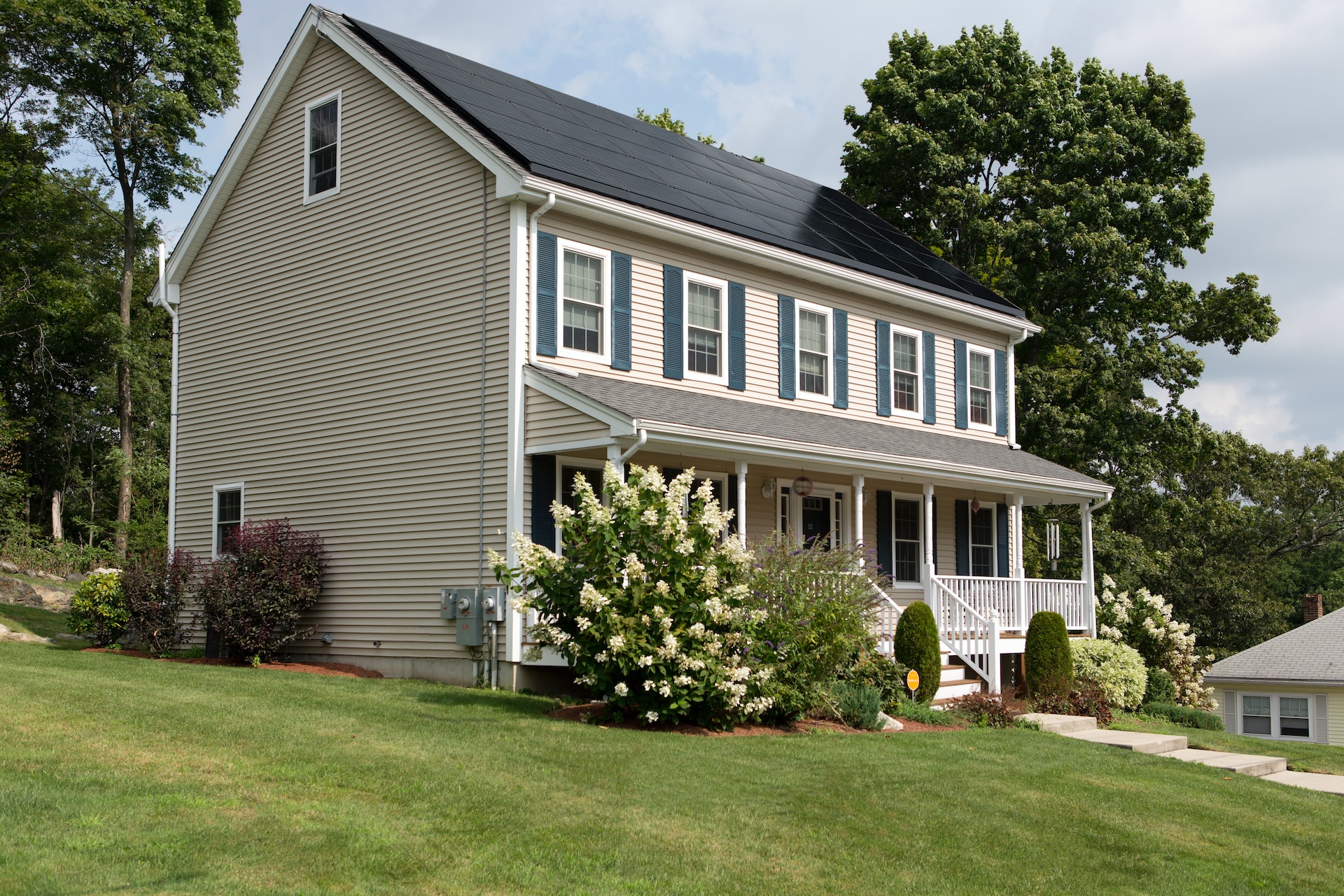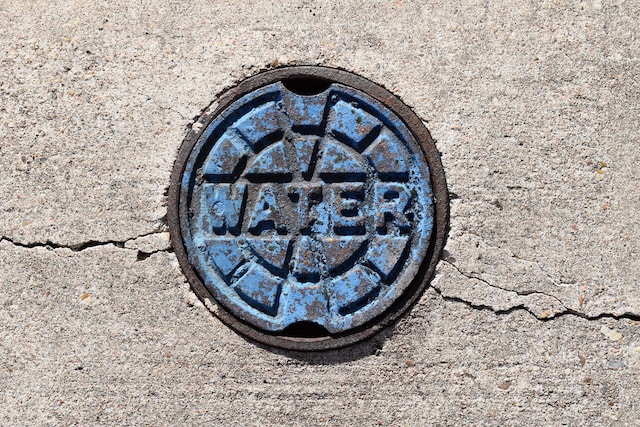High-deductible home insurance policies can have both advantages and disadvantages. High-deductible policies feature lower monthly premiums but higher out-of-pocket expenses if a claim needs to be filed. Ultimately, choosing high or low deductibles should be based on individual circumstances and the ability to handle potential financial burdens.
High Deductible Homeowners Insurance
High deductible home insurance refers to a policy that requires the homeowner to pay a higher amount out of pocket before the insurance coverage kicks in. In simple terms, it means that you would need to cover a larger portion of any damages or losses before your insurance provider begins to pay for the rest. This means that you should have enough savings set aside to cover the deductible amount in case of an unexpected event.
This type of insurance policy is often preferred by homeowners who are looking to lower their monthly premiums. Opting for a higher deductible means a reduction in the amount you pay each month for your insurance coverage.
The Pros of High Deductible Home Insurance
Choosing high deductible home insurance can have several advantages that may appeal to homeowners looking to reduce their insurance costs. Here are some key benefits to consider:
- Lower Monthly Premiums: One of the main advantages of high deductible home insurance is the opportunity to enjoy lower monthly premiums. By agreeing to pay a higher deductible, you agree to bear a larger portion of the cost in case of a claim. As a result, insurance companies often offer reduced premiums, allowing you to save money in the long run.
- Potential Long-Term Savings: High deductible home insurance can lead to significant savings over time, especially if you have a claim-free period. With lower premiums, you can allocate the money saved towards building up your savings. This can provide you with a financial safety net and the ability to handle larger expenses down the line.
- Flexibility and Control: By opting for a higher deductible, homeowners have more control over their insurance costs. They can adjust their coverage to suit their financial situation and risk tolerance. Additionally, high deductible policies provide flexibility, allowing homeowners to choose how they allocate their insurance budget.
- Deterrence of Small Claims: High deductible home insurance policies discourage policyholders from filing small claims. Since you have to cover a larger portion of the cost, it often makes financial sense to handle minor repairs or replacements on your own. This can help keep your insurance premiums stable and prevent potential policy non-renewal or rate increases resulting from multiple claims.
The Cons of High Deductible Home Insurance
While high-deductible home insurance can save you money in the long run, consider the potential downsides before committing to this type of policy. Here are a few points to keep in mind:
- Higher out-of-pocket expenses: With a high deductible, you’ll have to pay more money out of pocket before your insurance coverage kicks in. This means that if you need to make a claim, you might have a significant financial burden to bear.
- Savings requirement: In order to cover the deductible, you’ll need to have enough savings set aside. If you don’t have sufficient funds to cover the deductible amount, you may find yourself in a difficult situation when you need to make a claim.
- Limited budgeting flexibility: Although high deductible home insurance policies generally come with lower monthly premiums, the trade-off is that you’ll need to allocate a larger portion of your budget towards potential future claims. This can limit your flexibility in managing other expenses.
Choosing high or low deductibles in home insurance should be based on individual circumstances and the ability to handle potential financial burdens. It is recommended to consult with an insurance professional who can provide personalized advice based on your specific needs and risk tolerance. By carefully considering your finances and evaluating the potential benefits and drawbacks, you can make a well-informed decision that aligns with your unique situation.




